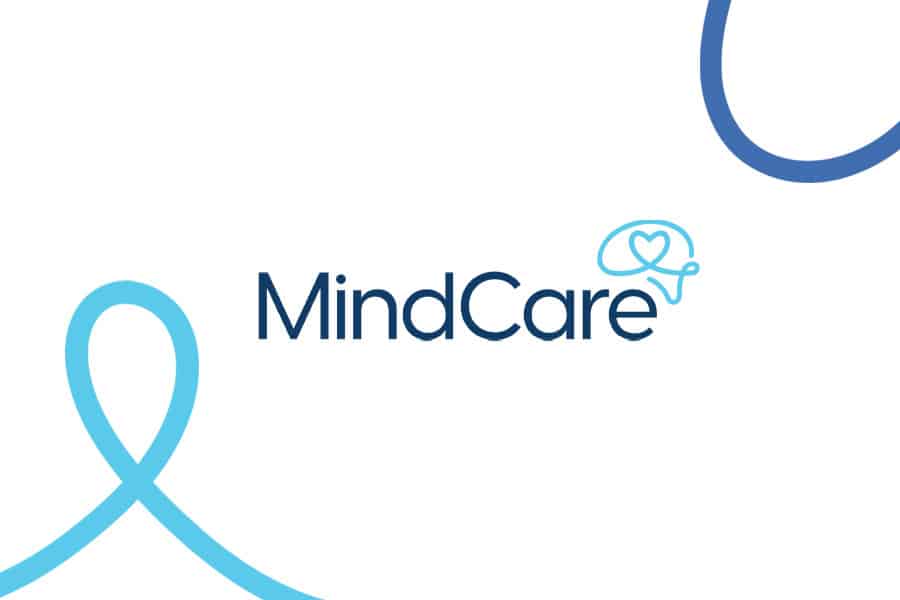Technology addiction refers to compulsive or excessive use of digital devices that interferes with daily functioning. It can involve social media, video games, texting, pornography, or multitasking across screens.
This type of behavioural addiction often hides in plain sight—especially when technology use is tied to work, study, or communication.
What are the signs of technology addiction?
1. Excessive or inappropriate use of digital devices
Addictive behaviours often show up as:
- Checking your phone immediately after waking up
- Using screens to escape or procrastinate
- Getting scolded for device use at meals or work
- Choosing screens over in-person connection
This reflects compulsive use without self-regulation.
2. Cravings or withdrawal symptoms when not using tech
Technology addiction can trigger physical and emotional symptoms:
- Anxiety or agitation when disconnected
- Feeling restless or isolated without a device
- Constant checking for Wi-Fi or notifications
This is a behavioural pattern similar to substance withdrawal.
3. Using multiple screens or multitasking constantly
Multiscreening may include:
- Browsing while watching TV
- Switching between apps repeatedly
- Always having a second screen nearby
This behaviour reduces attention span and disrupts real-world engagement.
4. Chasing a ‘high’ from screen-based rewards
Technology triggers short-term dopamine spikes:
- Likes on social media
- Winning games or levels
- Viral content feedback
Over time, the brain builds tolerance—leading to longer, more frequent sessions to chase the same effect.
5. Losing track of time while using technology
Key signs include:
- Realising hours have passed unnoticed
- Forgetting meals or breaks
- Late-night screen use without planning
This disrupts sleep and productivity, and mimics binge behaviour.
6. Feeling guilty or defensive about usage
Addiction can involve emotional conflict:
- Hiding usage or lying about time online
- Ignoring work or study due to device use
- Becoming irritated when confronted
Guilt often coexists with an awareness of negative consequences.
What causes technology addiction?
Technology addiction may be linked to:
- Underlying mental health issues like anxiety or depression
- Lack of in-person social connection
- Poor emotional regulation
- Neurobiological reward-seeking patterns
Bright screens, instant gratification, and constant notifications are all designed to keep you engaged, making self-regulation difficult—especially for young users.
What can you do if you suspect a technology addiction?
✔ Acknowledge the pattern
Start by reflecting honestly on your habits and emotional responses to screen use.
✔ Set boundaries
Create tech-free zones or screen time limits. Replace digital habits with alternative activities (e.g. walking, hobbies, reading).
✔ Talk to a mental health professional
Technology addiction may be a surface symptom of deeper concerns such as:
- Social anxiety
- Low self-esteem
- Mood disorders
- ADHD or impulse control issues
Psychologists can help you uncover the root cause and develop practical, sustainable strategies.
Mind Care helps individuals break free from tech dependency
At Mind Care, we work with children, teens, and adults to address compulsive technology use and any underlying emotional issues. Our approach includes:
- Evidence-based therapy
- Family support where needed
- Personalised treatment plans
Whether the issue is gaming, social media, or general screen overuse, we can help.
Noticing signs of tech overuse in yourself or a loved one?
You don’t have to tackle it alone. At Mind Care, our psychologists help clients create healthier relationships with technology—starting with awareness and support.
Contact us today to book a confidential consultation and begin your journey to digital balance.











